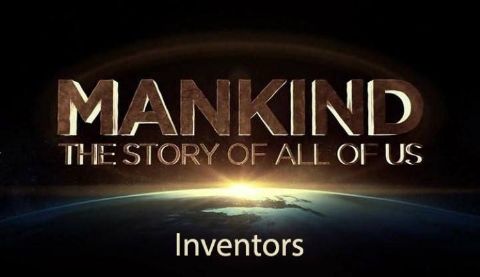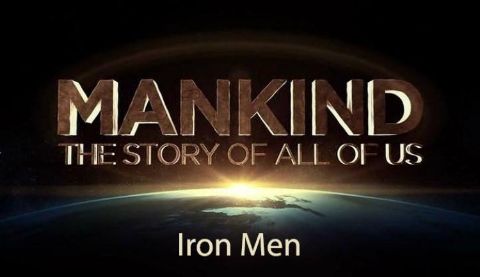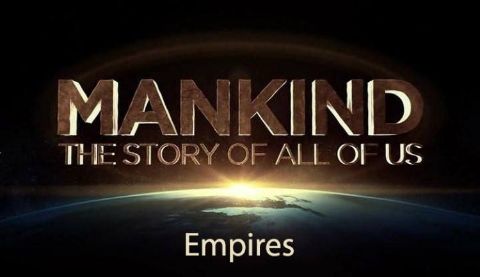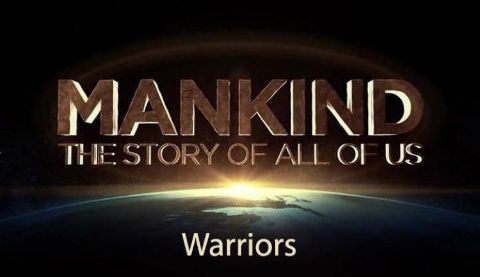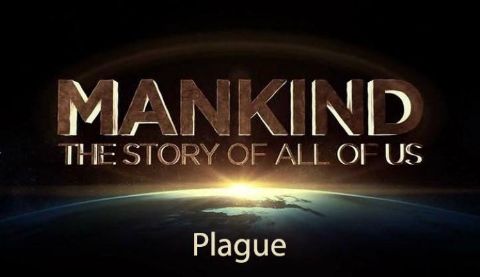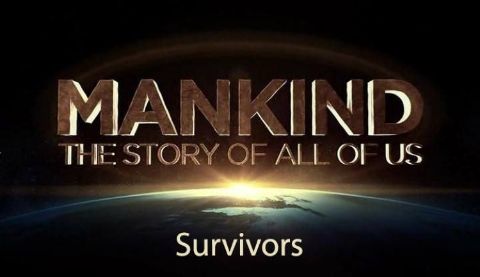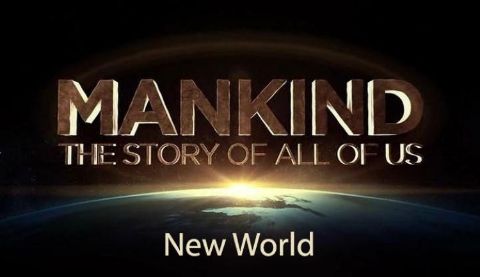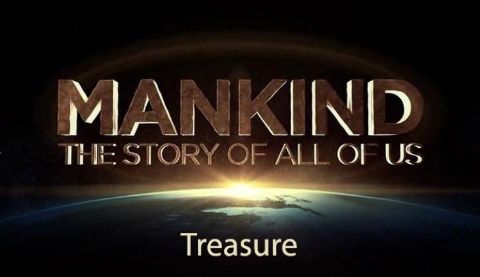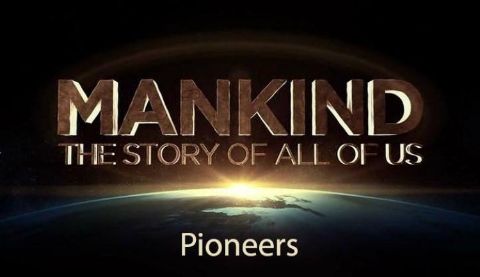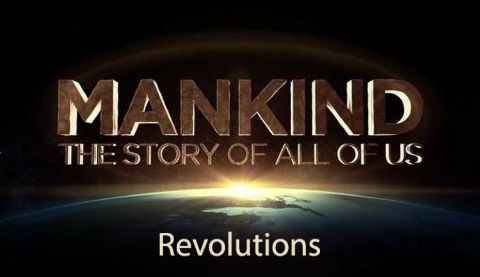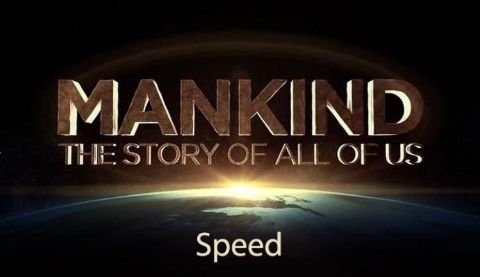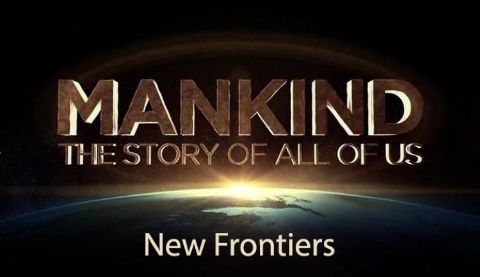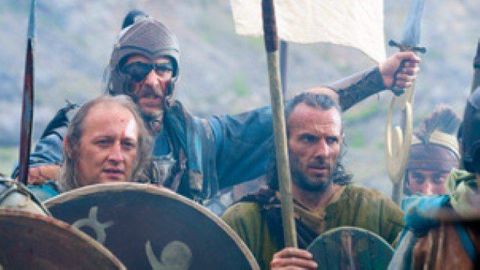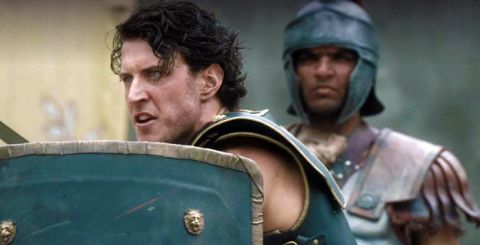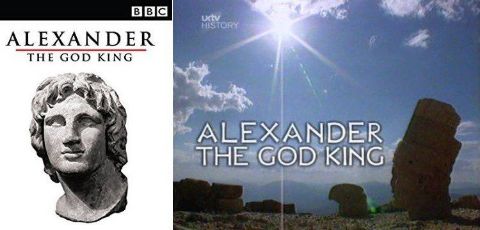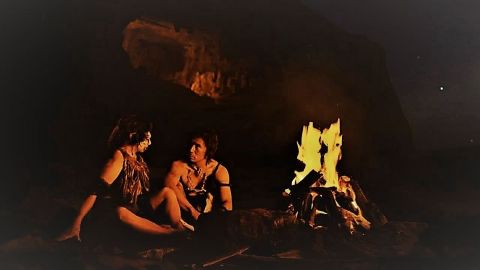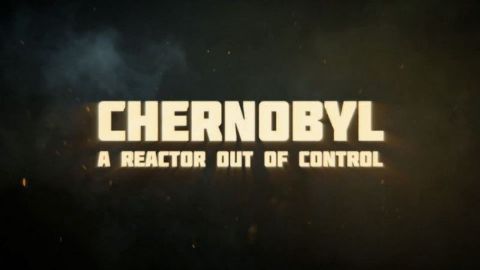Inventors • 2012 • episode "1/12" • Mankind: The Story of All of Us
On a unique planet, a unique species takes its first steps: Mankind begins. But it’s a world full of danger. Threatened by extinction, we innovate to survive – discovering fire and farming; building cities and pyramids; inventing trade – and mastering the art of war. From humble beginnings, we become the dominant creature on the planet. Now the future belongs to us…
Make a donation
Buy a brother a hot coffee? Or a cold beer?
Hope you're finding these documentaries fascinating and eye-opening. It's just me, working hard behind the scenes to bring you this enriching content.
Running and maintaining a website like this takes time and resources. That's why I'm reaching out to you. If you appreciate what I do and would like to support my efforts, would you consider "buying me a coffee"?
Donation addresses
BTC: bc1q8ldskxh4x9qnddhcrgcun8rtvddeldm2a07r2v
ETH: 0x5CCAAA1afc5c5D814129d99277dDb5A979672116
With your donation through , you can show your appreciation and help me keep this project going. Every contribution, no matter how small, makes a significant impact. It goes directly towards covering server costs.
